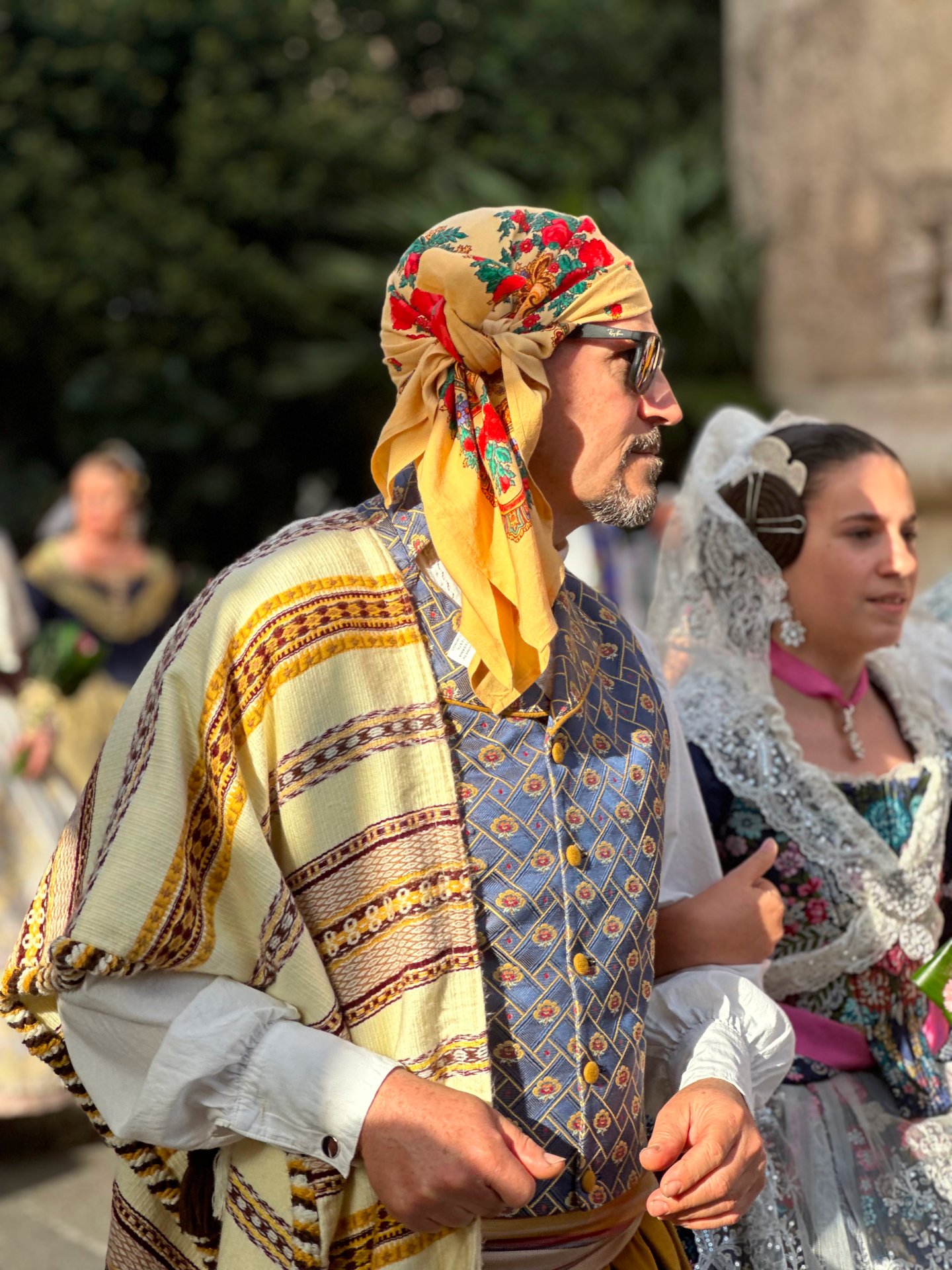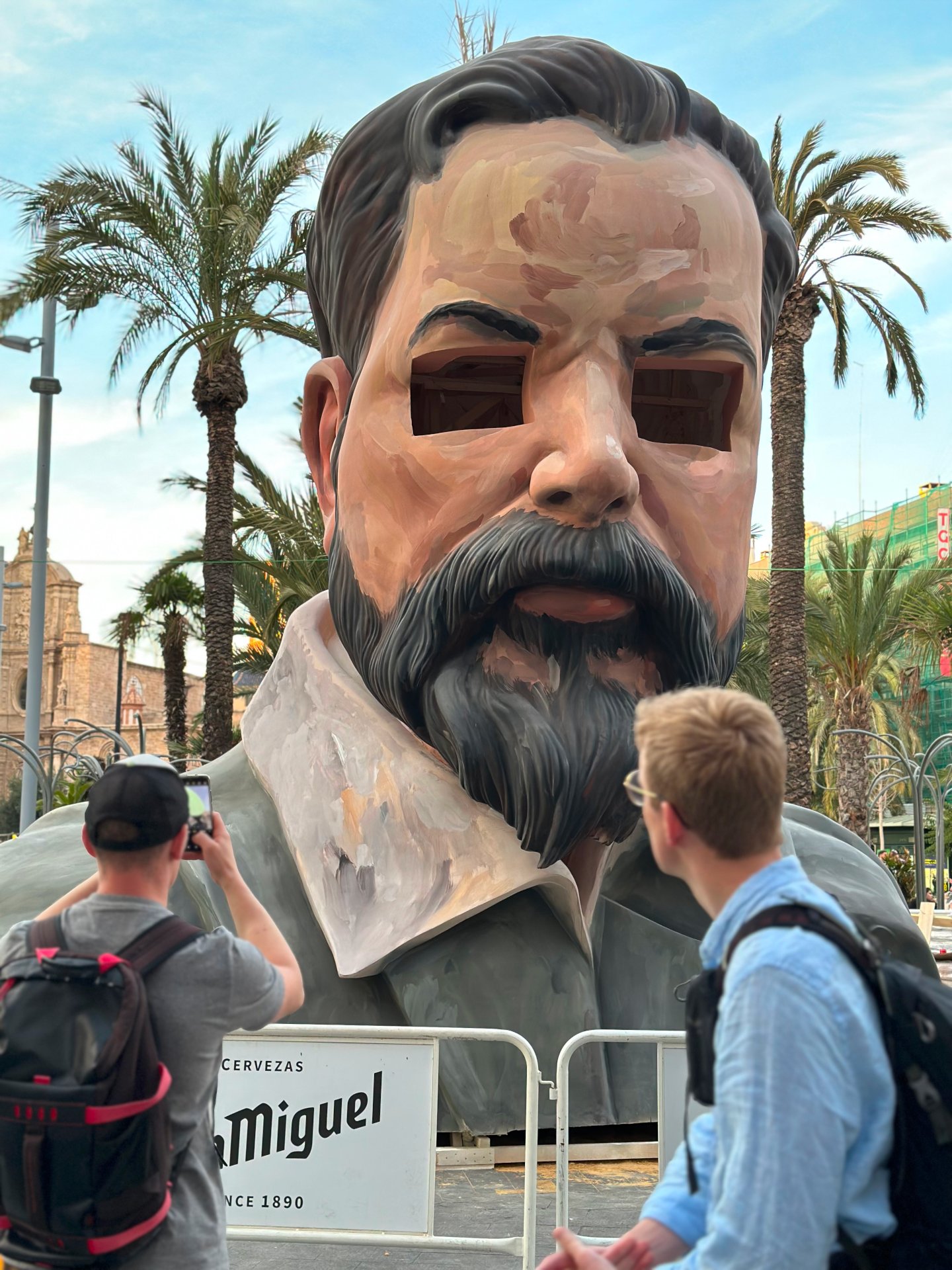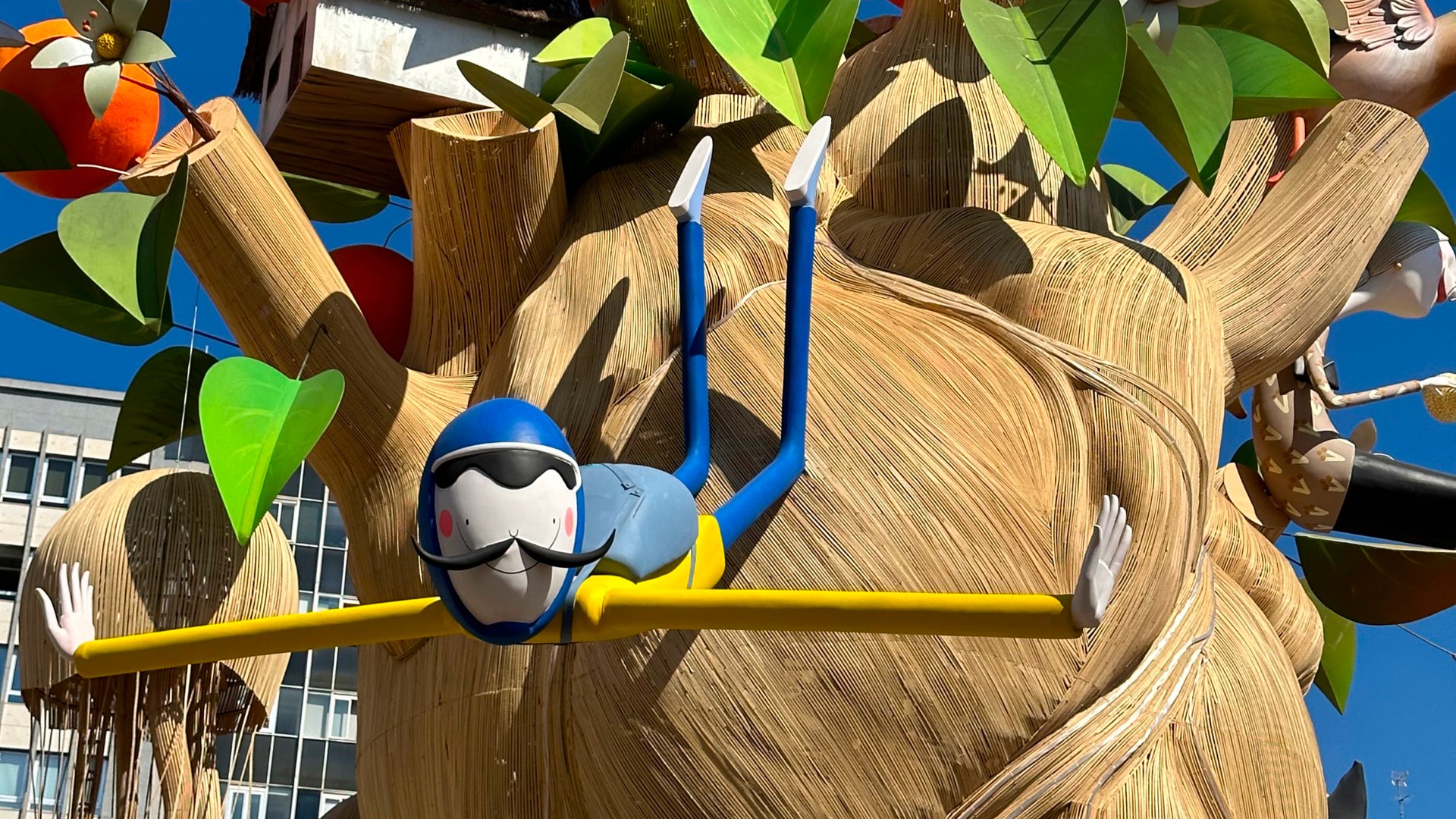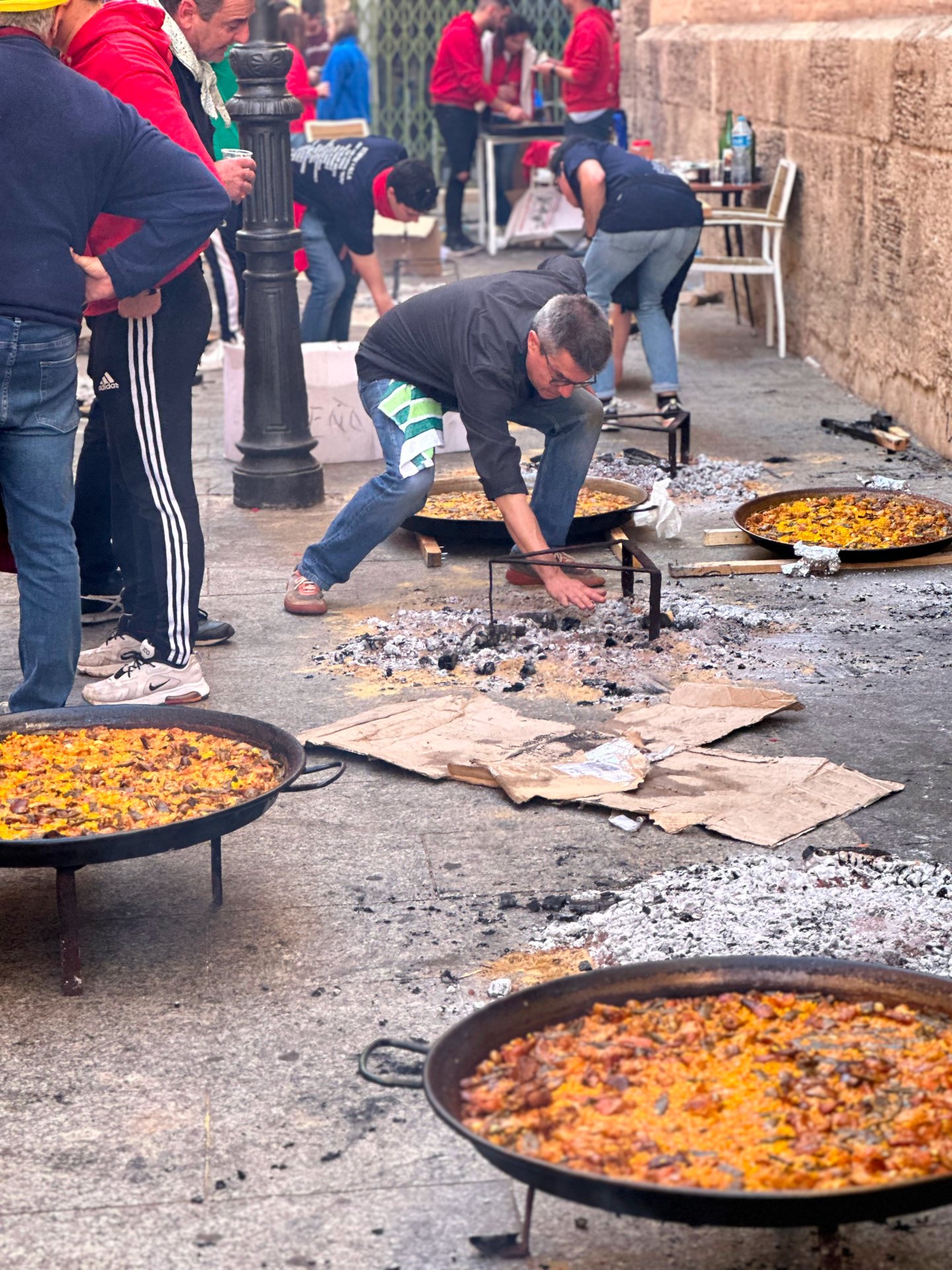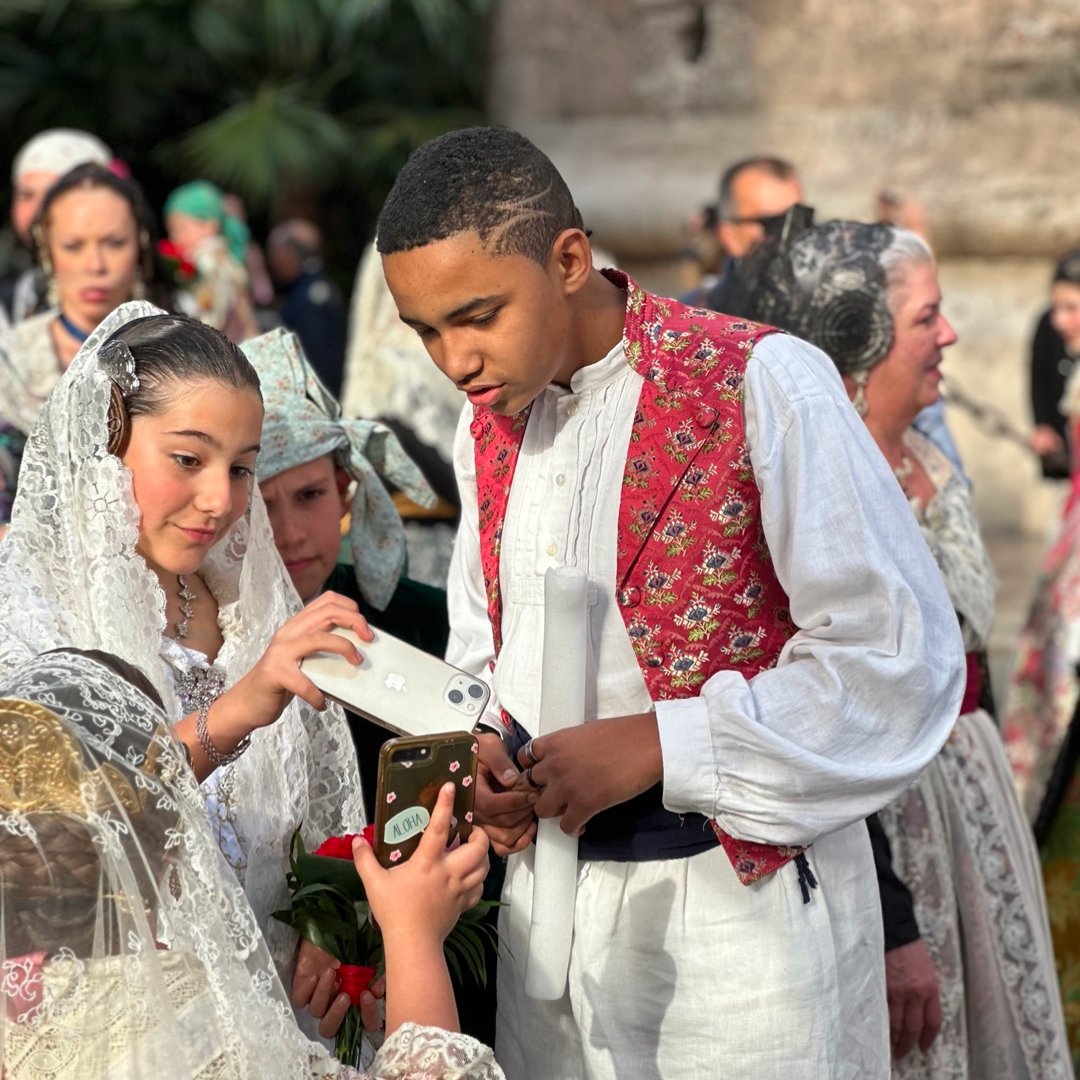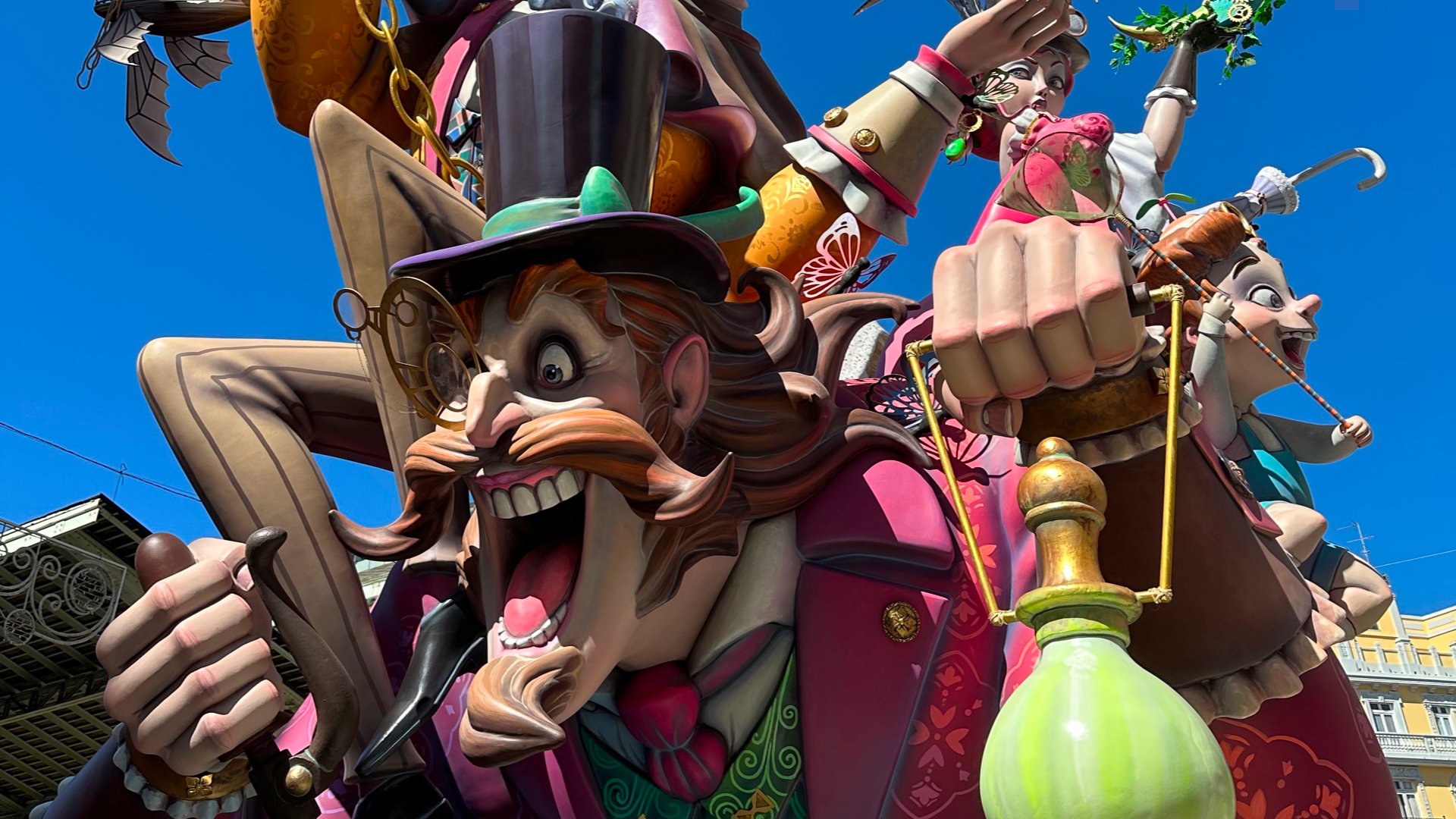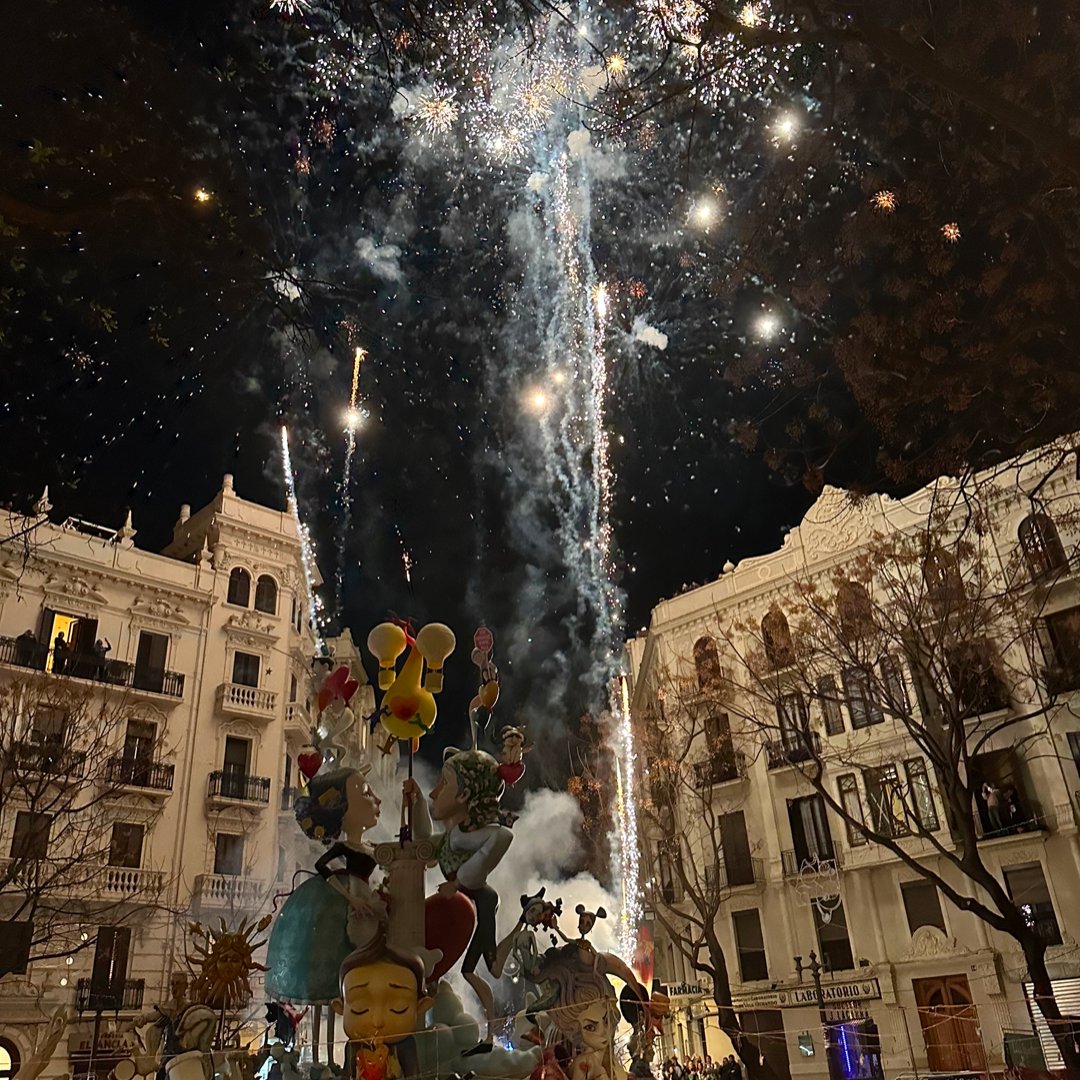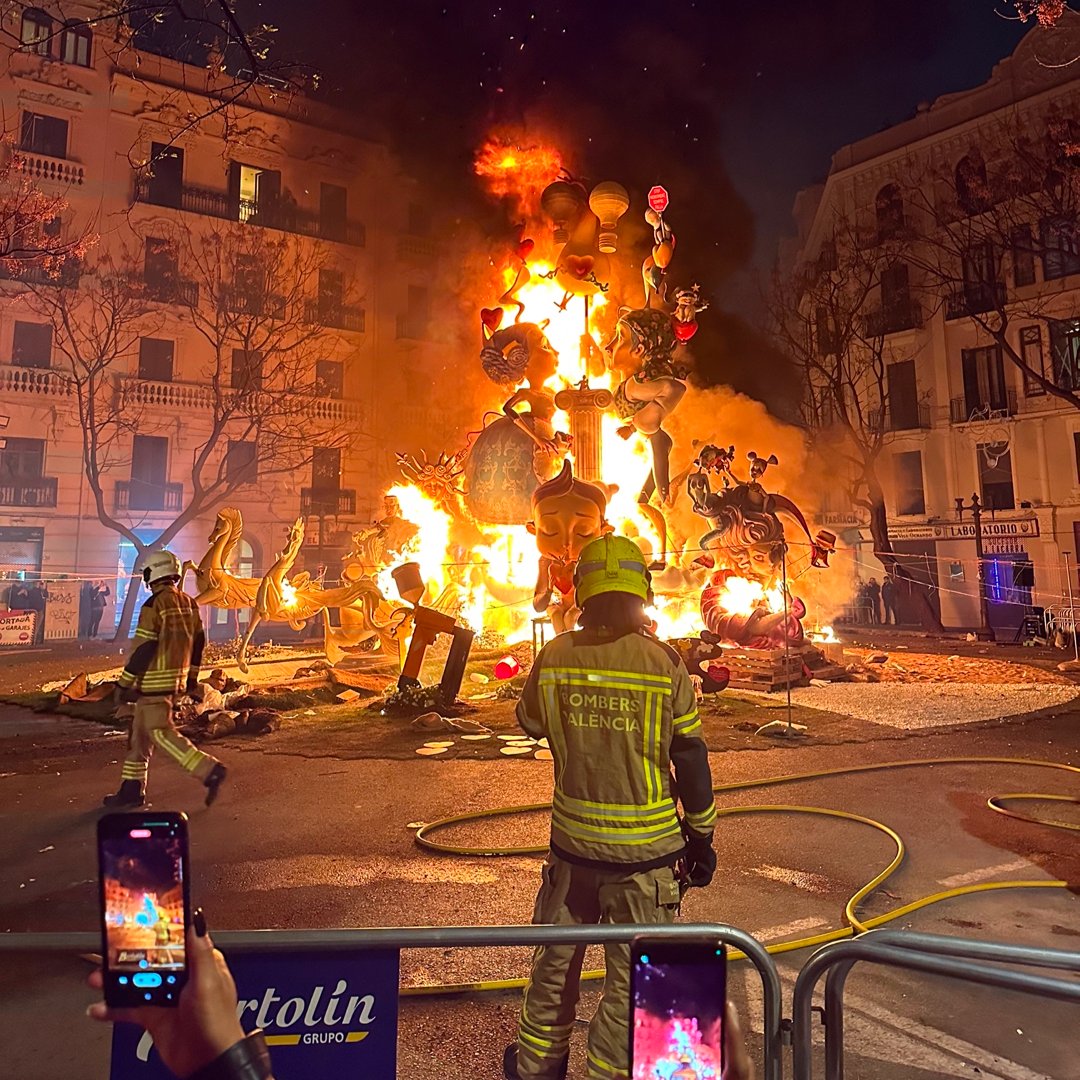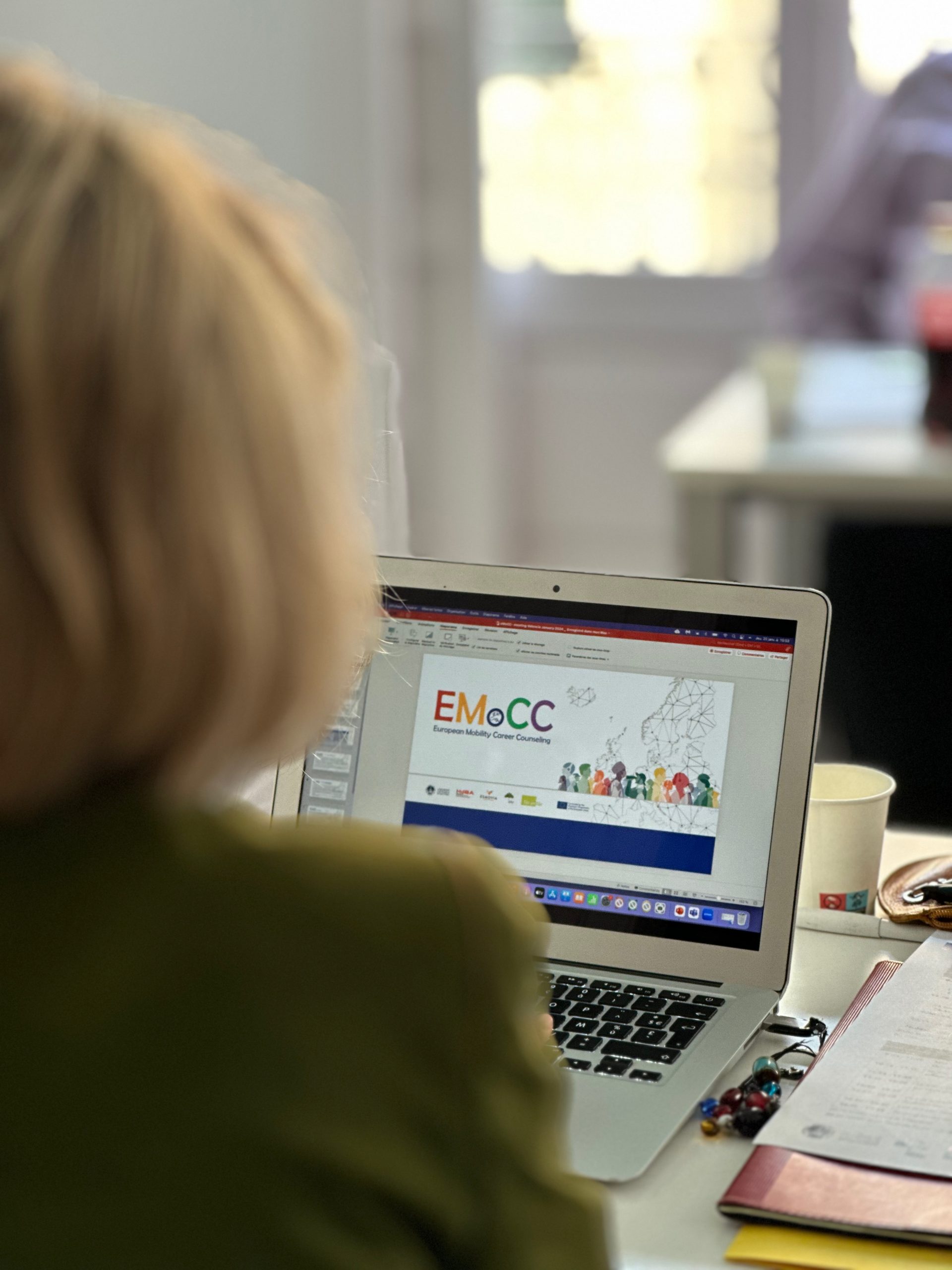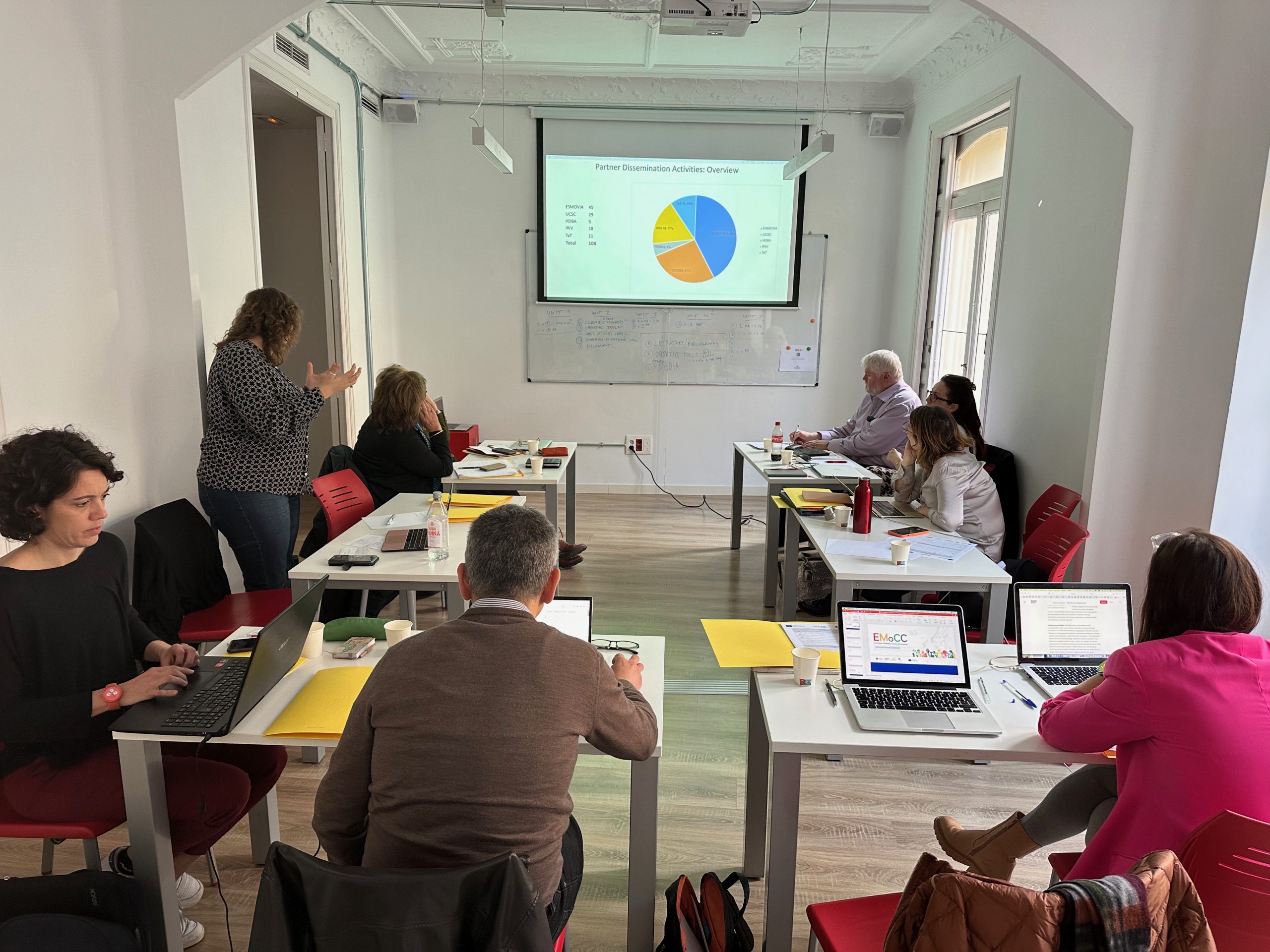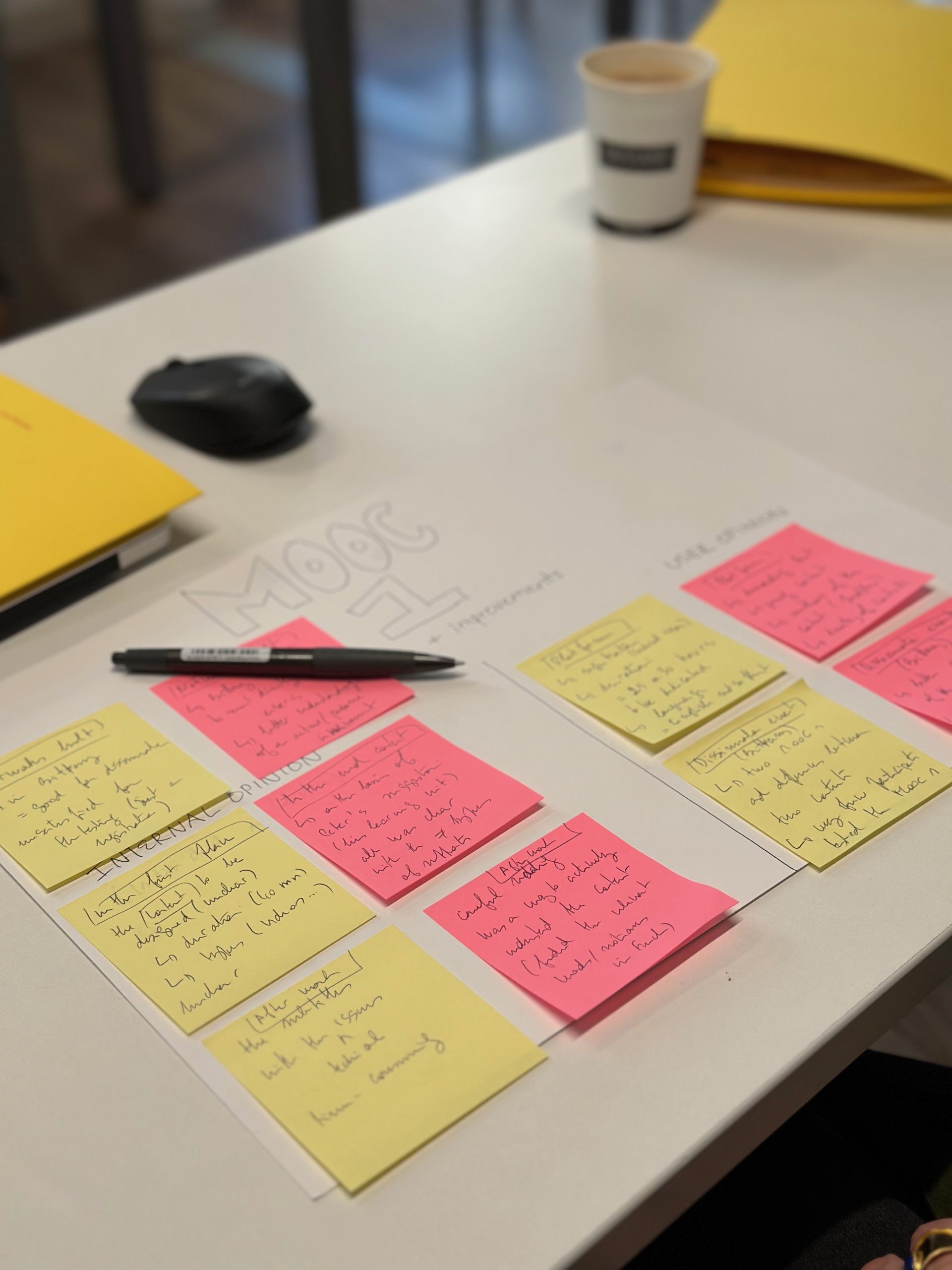Everyone knows that paella is the typical Valencian dish, although not everyone knows what the original recipe is like.
Rice is not the only main ingredient in Valencia, since it shares the spotlight with oranges and chufa, a product with which tiger nut milk is made. But the gastronomy of Valencia is not only those dishes, but it has a great variety of typical “terreta” meals. Have you tried any of these dishes?
1.) Valencian paella
Paella is the typical valencian dish par excellence. Who has not tried paella? It receives this name because of the container in which it is cooked, so at the beginning it was called ‘rice paella’. But, paella is not the only typical food that includes this ingredient. Rice is a basic ingredient in Valencian cuisine and there are endless recipes. Among the best known are “senyoret” rice, black rice, baked rice, crusted rice, “a banda” rice, or “amb fresols i naps” rice. Do you ever taste some of these dishes?
2.) Horchata (tiger nut milk) and fartons
The horchata or orxata in Valencian language is a typical drink of Valencia and a must of the summer. It is a drink made with tiger nut that is served slush or liquid and it is usually accompanied by “fartons”, one candy similar to sponge cake, also typical in Valencia. These elongated buns and with icing sugar on top, were invented precisely to dip it in this vegetable drink instead of bread.
3.) Allioli
If you are waiting for the paella to finish, we recommend bread with “all-i-oli” or “allioli” for the wait. This traditional valencian sauce is made with eggs, garlic and oil, ingredients that give the sauce its name in valencian language.
4.) Esgarraet
“Esgarraet” is one of the traditional valencian dishes that do not contain rice. It is a salad made with roasted red pepper, cod, garlic and olive oil. Its name is due to the mode of preparation: cod and pepper must be crumbled into thin strips. This dish is usually eaten at snack time, before lunch.
5.) Coca de llanda
There is nothing like having breakfast or having a piece of “coca de llanda” with a glass of milk. It is the valencian afternoon snack par excellence. This sponge cake is a traditional valencian dessert that gets its name from the container in which it is cooked called ‘llanda’ or ‘llauna’.
6.) Buñuelos de calabaza
Any tour of the Fallas in Valencia ends with a hot chocolate and a few pumpkin fritters or “buñuelos” (or “bunyols” in the local language). Pumpkin fritters are a candy typical of this traditional celebration that take place every month of March in Valencia. The fritters of Valencia differ from the rest by being made of pumpkin dough and carrying a hole in the centre.
7.) Toña or panquemao
For Easter evenings, the best snack is a piece of “toña” or “panquemao”. This typical bread roll of Valencia has different names depending on where you are from the Valencian region: panou, tonya, coc, fogassa, pa socarrat…
8.) Esmorzaret
Brunch or “esmorçar” is not a typical valencian recipe, but a gastronomic custom, a tradition that no valencian can fail. It is a sacred ritual that people consider it’s most important than paella. It is a meal between breakfast and lunch, like known “brunch”, consisting of a snack accompanied by olives and peanuts.
9.) Capellanets
If we come to the fishing neighbourhood of El Cabanyal, we will discover another dish that is pure ambrosia: the “capellanets”, cod with tomato and oil. This dish is so native that, perhaps, someone has not even heard of him. It is a dish that is usually prepared for lunch with friends, but it can also be found in any bar in the Cabanyal area.
10.) Valencian salad with tomatoes from El Perelló
The valencian salad is the salad par excellence. It always accompanies typical valencian dishes such as Paella; therefore it can never be missing at the table. This salad is made with products from the Valencian vegetable garden, especially with tomatoes from El Perelló. This is one of the standards of the Mediterranean Diet.
